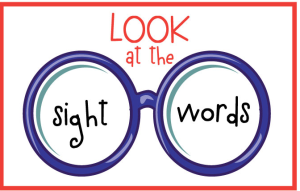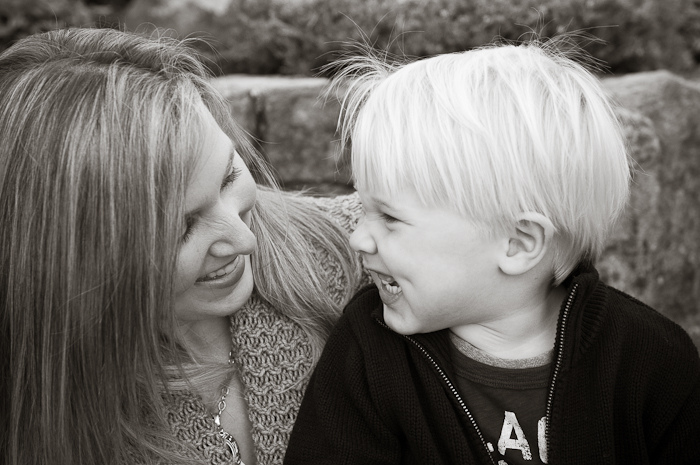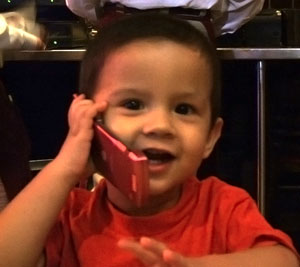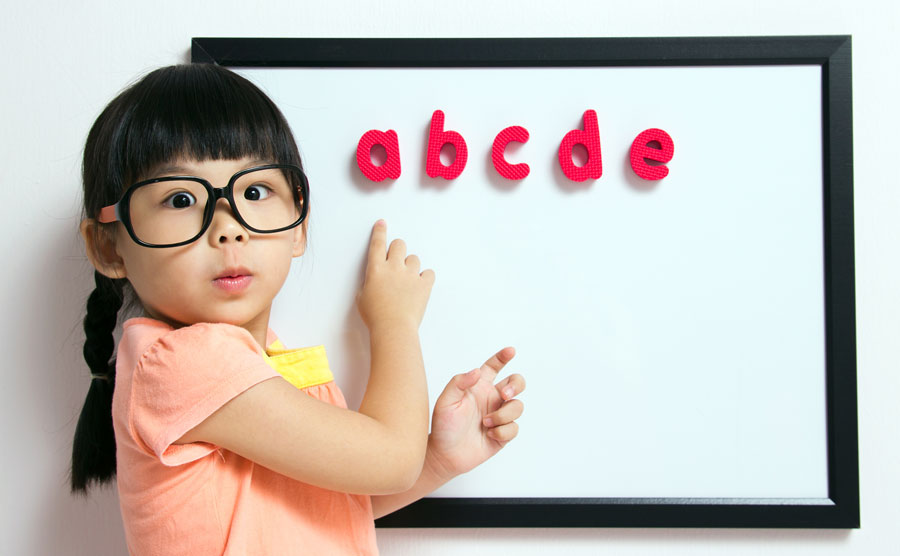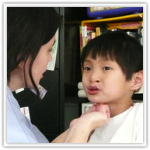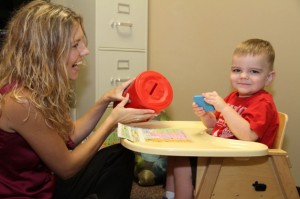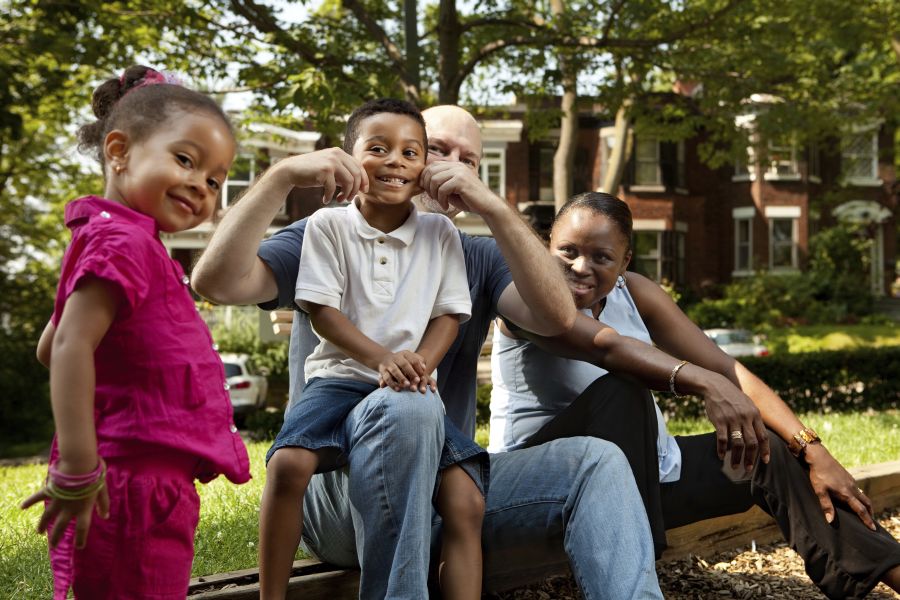Like many families this week, your children are heading back to the classroom and coming home with a worksheet or two of homework. (Make that dozens of worksheets for your older kids!) The homework that caught my eye this week is the list of “sight words.” What are sight words? Sight words (high-frequency words, core words or even popcorn words) are the words that are used most often in reading and writing. According to Teach Stix:
In classrooms across America, the development of sight word recognition continues to be a top priority when instructing emerging and beginning readers.
They are called “sight” words because the goal is for your child to recognize these words instantly, at first sight.


